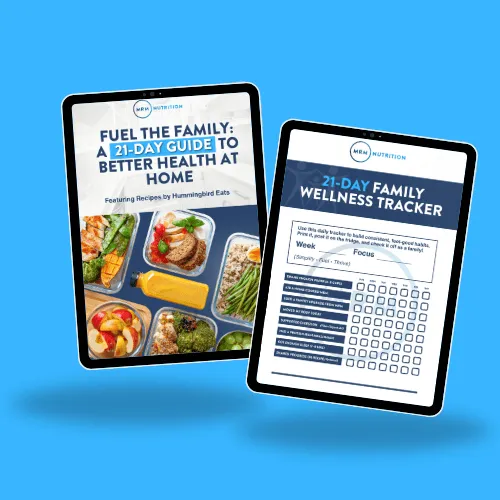In the world of nutrition and fitness, one topic is always a point of discussion—protein!
While people typically choose animal sources like meat and dairy as their go-to proteins, vegetable protein has become quite popular.
Vegetable protein has caught the attention of athletes, wellness enthusiasts, and conscious consumers searching for eco-friendly ways of nourishing the body.
Let’s look at what vegetable protein is, how to get it, and how it compares with animal protein.
What is Vegetable Protein?
Vegetable protein refers to protein derived from plant sources, as opposed to animal-based proteins found in meat, dairy, and eggs.
Vegetable protein is a key component of vegetarian, vegan, and plant-based diets. It is found in a variety of foods, including legumes, grains, nuts, seeds, and certain vegetables.
These proteins are often used in dietary products and supplements due to their health benefits and sustainability.
Benefits of Vegetable Protein
There are many benefits to consuming vegetable protein:
-
Heart Health: Plant-based proteins are often lower in saturated fat and cholesterol, promoting better heart health.
-
Weight Management: High-protein diets can enhance feelings of fullness, aiding in weight management and control.
-
Digestive Health: Many plant proteins are also high in fiber, which supports digestive health and regularity.
-
Environmental Impact: Producing plant-based proteins generally requires fewer resources and emits fewer greenhouse gases compared to animal-based proteins.
-
Ethical Considerations: Vegetable proteins align with ethical dietary choices, avoiding the use of animals in food production.
- Gluten-Free: Many vegetable proteins are naturally gluten-free, suitable for individuals with gluten sensitivities.
Comparing Animal Protein with Vegetable Protein
Comparing vegetable protein to animal protein involves several factors, including nutritional content, digestibility, environmental impact, and suitability for different dietary preferences.
Let’s look at the amino acid profile:
-
Animal Protein: Typically contains all nine essential amino acids, making it a complete protein. Examples include meat, dairy, eggs, and fish.
- Vegetable Protein: Often lacks one or more essential amino acids, making many plant proteins incomplete. However, some plant sources like quinoa, soy, and hemp are complete proteins. Combining different plant proteins (e.g., rice and beans) can also provide a complete amino acid profile.
Animal protein generally contains a higher concentration of protein per gram compared to most plant-based sources. For example, chicken breast, eggs, and beef are rich in protein.
Next, let’s look at the digestibility and absorption:
-
Animal Protein: Typically more digestible, with a higher Protein Digestibility-Corrected Amino Acid Score (PDCAAS). Animal proteins are easily absorbed by the body.
- Vegetable Protein: Plant proteins may have lower digestibility due to the presence of fiber and antinutrients like phytates and tannins. However, processing methods and combining different plant proteins can improve digestibility.
Animal protein generally has a higher bioavailability, meaning the body can efficiently utilize the amino acids. However, it is often associated with higher saturated fat and cholesterol levels and can contribute to cardiovascular issues if consumed excessively.
Vegetable proteins are usually lower in these components and offer potential heart health benefits.
When it comes to weight management, high-protein animal foods can promote satiety but may lead to higher calorie intake if not balanced.
Vegetable proteins aid in weight management due to their fiber content and lower calorie density.
Boost Your Health With Vegetable Protein Sources
By choosing vegetable proteins, you can get a healthy and sustainable source of food that is suitable for most people’s health requirements.
Including more plant-based sources in your diet may help you improve muscle development and general well-being.
So, if you’re looking to put more greens on your plate, take up vegetable protein today and see the difference it can make in your life.
Check out our range of vegetable protein products and find out how easy it is to fuel your body with plant power that tastes good too!
Read more about MRM Nutrition and how you can benefit from our high-quality products.


